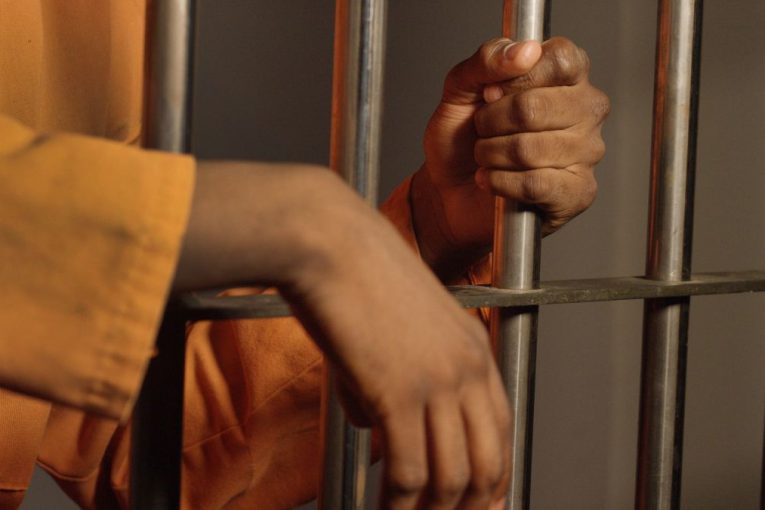
NORTHAMPTON, MA – The Federal Communications Commission voted this week to impose new improvements and statutes on the phone and video calling services for incarcerated people, prompted by the 2022 Martha Wright-Reed Fair and Just Communications Act, according to the Prison Policy Initiative (PPI).
The current high prices per minute will be lowered significantly to alleviate serious constraints and financial burdens to incarcerated people and their families, also countering incentives for bad policy in prison and jail institutions, said PPI in a briefing release.
The new regulations limit phone and video call charges to six cents per minute in large facilities and prisons, seven cents per minute in medium -sized jails, and “slightly more” for small jails, all rate caps being reduced by more than 50 percent, said PPI.
PPI noted it’s the first rate caps placed on video calls made in prison, which are temporary standards pending more fair and permanent prices, compared to the average 25 cents per minute that families currently pay for video calls.
The PPI web article applauded the FCC’s decision to “finally prohibit” communication service companies from charging extra fees for “ancillary services,” which include necessities such as “making a deposit to fund an account” and other similar instances.
PPI wrote the Commission brought an end to the debate of how to eliminate some of the “industry’s dirtiest tricks that shortchange both the families and the facilities,” by requiring them to recover the costs of those fees in their charges by minute for phone and video calls.
According to the FCC, in a 2015 statement, these ancillary service charges were “the chief source of consumer abuse and allow circumvention of rate caps,” which are efforts by these companies which the commission has struggled to “keep up with” in the past.
As stated in the PPI article, the new rule on these fees also blocks a long-protested practice in jail and prison communications, which is when companies charge their consumers for choosing not to fund a calling account, instead making single calls, a ploy used by companies to exploit these users for higher revenue.
PPI describes some of the important financial regulations drafted in the FCC order, stating that commissions “are a major factor driving up the costs of prison and jail telecom services: Counties and states choose their telecom provider based on which one will offer the highest commission payments, and companies offset the cost of paying these kickbacks by raising their rates.”